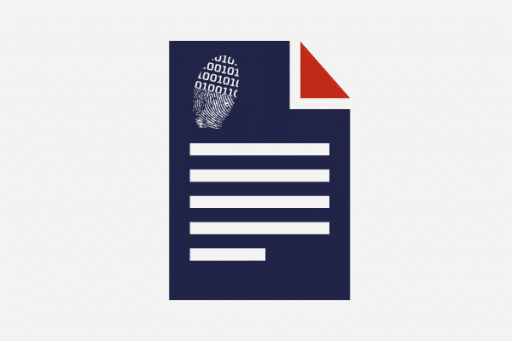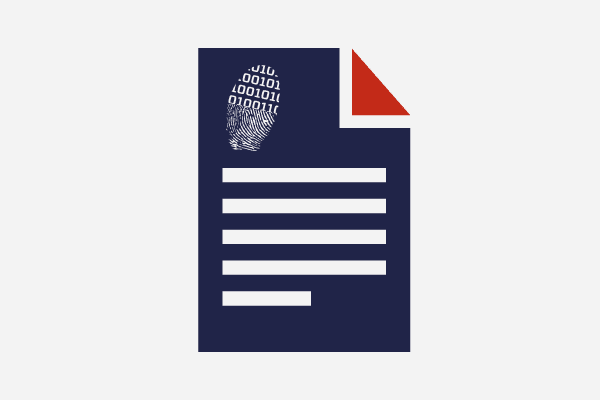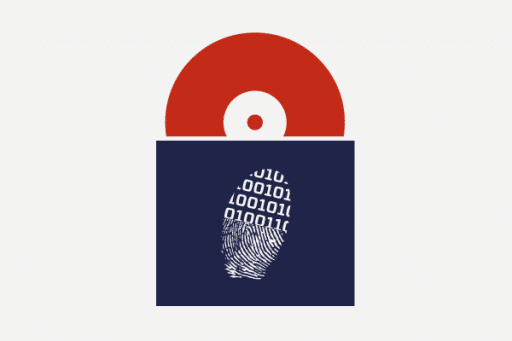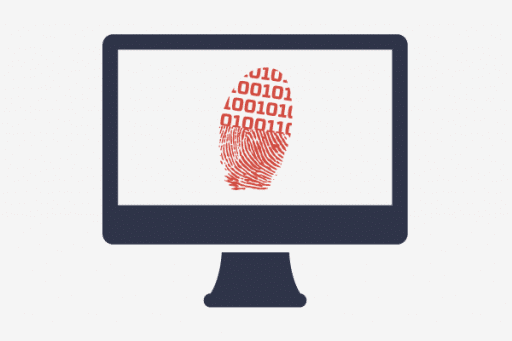A log file is an extremely valuable piece of information which is provided by a server. Almost all servers, services and applications provide some sort of logging. But what is a log file? A log file records events and actions that take place during the runtime of a service or application.
So why are log files so important? Log files provide us with a precise view of the behavior of a server as well as critical information like when, how and “by whom” a server is being accessed. This kind of information can help us monitor the performance, troubleshoot and debug applications, as well as help forensic investigators unfold the chain of events that may have led to a malicious activity.
Let’s take as an example a web-server. Most commonly, Apache HTTP Server will provide two main log files – access.log and the error.log. The access.log records all requests for files. If a visitor requests www.example.com/main.php, the following entry will be added in the log file.
[su_button url=”http://www.acunetix.com/blog/articles/using-logs-to-investigate-a-web-application-attack/” target=”blank” style=”flat” background=”#222348″ size=”7″ radius=”0″]Read full article[/su_button]





